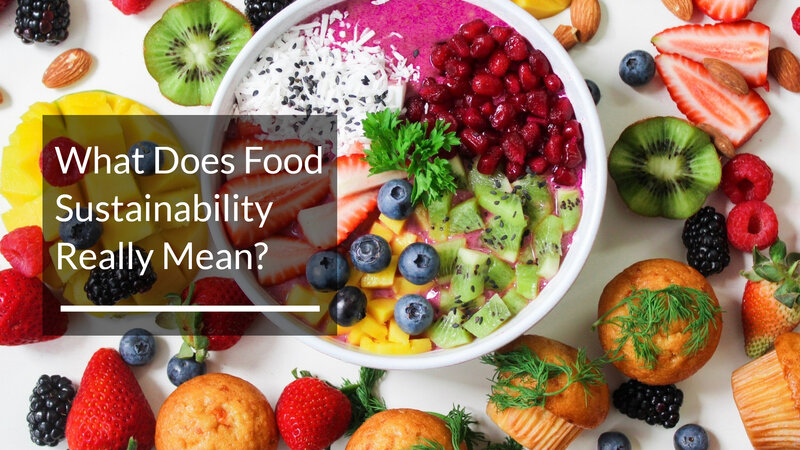 June 18 is Sustainable Gastronomy Day. The set of dishes and culinary uses typical of a certain place is one more expression of the natural and cultural diversity of the planet.
June 18 is Sustainable Gastronomy Day. The set of dishes and culinary uses typical of a certain place is one more expression of the natural and cultural diversity of the planet.
With the celebration of this day, the UN tries to promote eating habits – which include the production, preparation, and consumption of food – that are more respectful of the environment and local traditions.
Sustainable food can play a key role in sustainable development, especially in disadvantaged communities. And is that it promotes agricultural development, food security, nutrition, sustainable food production, and the conservation of biodiversity.
Advantages of promoting sustainable food
Implementing sustainable gastronomy contributes to the fulfillment of sustainable development objective number 2: “A zero hunger world by 2030 is possible”, which is the central theme of the campaign for World Food Day that was celebrated on October 16, 2018.
All this suggests that this approach to gastronomy reaffirms the idea that all cultures and civilizations can contribute to sustainable development and play a crucial role in facilitating it.
Advantages of the sustainable food system
1. Take action against climate change: The livestock industry is responsible for much of the emissions that cause global warming. If the production and consumption of food of animal origin were cut in half, we would see a 64% reduction in greenhouse gas emissions by 2040.
2. Protection of forest masses: Deforestation is one of the most devastating consequences of livestock production. By reducing the number of animal products we consume, we could conserve the land.
3. A diet based on sustainable foods: It will not only help improve health but also contributes to food security. In fact, sustainability is a key factor in premature deaths. According to a study published by the scientific journal The Lancet in 2019, 11 million lives could be saved if our diets were more sustainable.
4. Preservation of water resources: Agriculture is one of the largest consumers of fresh water on the planet. In fact, foods like rice need 1 to 3 tons of water for their production. The same thing happens with vegetables, which are 90% water.
5. Sustainable diet: A more sustainable diet contributes to reducing the pollution of rivers and coastal areas. On the other hand, sustainable food production is essential to guarantee the availability of water resources to the different communities that need this good for their survival. For example, the use of smart irrigation systems can help waste less water in agricultural production.
Keys to obtaining them
In 2018, the UN wants to give importance to a geographical indication, an essential element of sustainable food. It is a label used for products that have a specific geographical origin and whose characteristics and reputation are linked to that origin.
Geographical indications stimulate local economies and can be a sustainable development path for rural communities. By producing quality sustainable food, added value and access to more lucrative markets are achieved.
The unique links of these products with the natural resources and culture of a geographic area make them very useful tools to preserve and promote food heritage and healthy diets.
The commitment to the sustainable nature of food demands responsibility in its production and consumption. This means that all parts of the chain, producers, private and public sector, or transport agencies, among others, must support it. And not only that, but also create links with local producers.
Avoid food waste
Another aspect related to sustainable food is avoiding food waste since it means wasting the resources that have been used in its production: land, water, labor, capital, and energy. This increases greenhouse gas emissions in vain.
On World Food Day, it must be remembered that one-third of the food produced is lost or wasted in the world for human consumption. This amounts to approximately 1,700 million tons per year.
This volume of wasted food, which could feed 3 billion people, has significant environmental consequences. The carbon footprint of food waste is estimated at 3.3 billion tons of greenhouse gases per year. Therefore promoting sustainable food production and consumption is essential.



